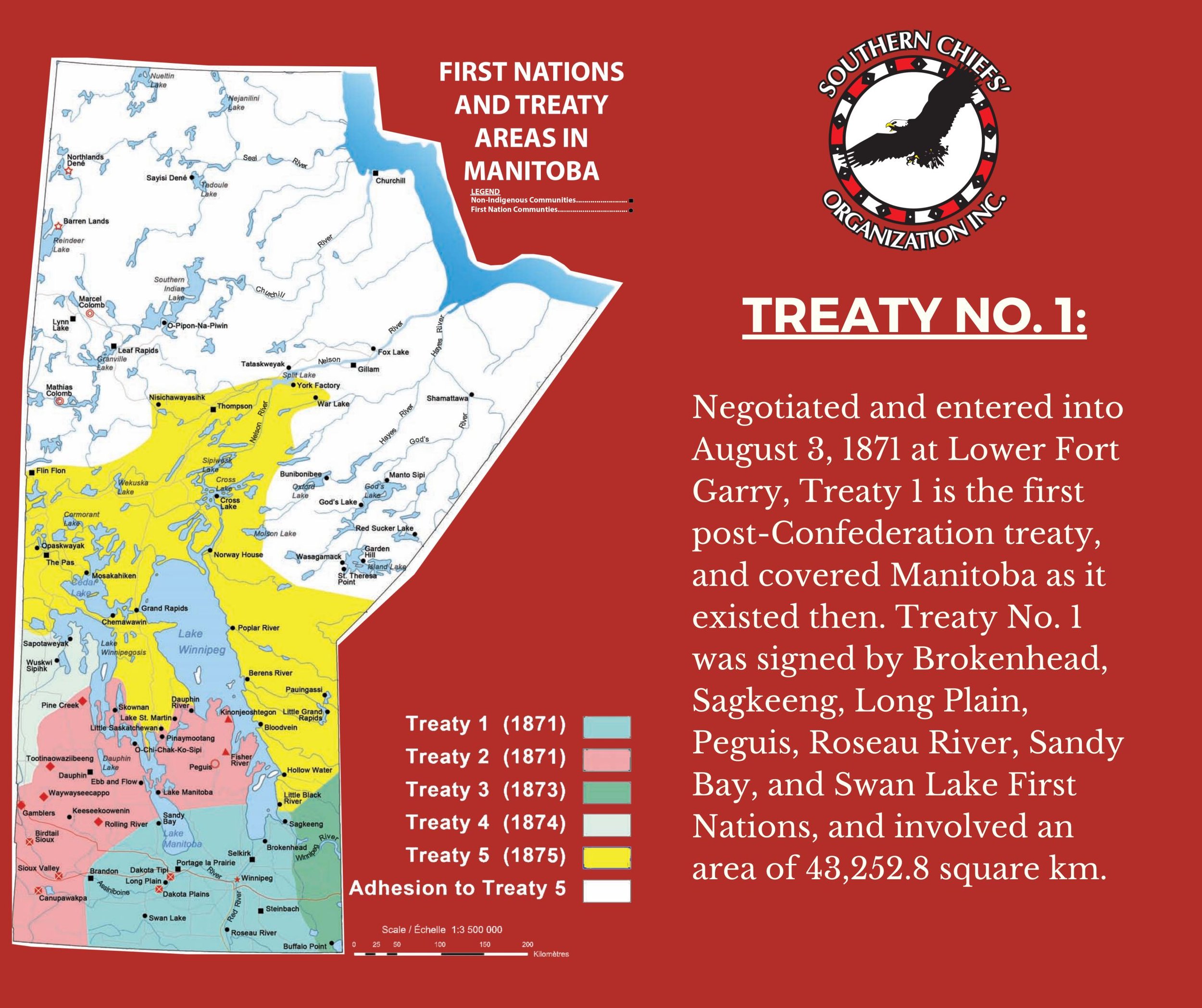Acknowledgements
I acknowledge that I live, teach and research on ancestral lands, Treaty 1 territory, traditional territory of the Anishinaabeg, Cree, Oji-Cree, Dakota, and Dene Peoples, and on the National Homeland of the Red River Métis. I acknowledge that my water is sourced from Shoal Lake 40 First Nation on Treaty 3, 80% of the energy that heats my home and powers my computer is sourced from hydroelectric dams on the Nelson River on Treaty 5, and that oil used to fuel my car is mined from the Tar Sands on Treaty 8 territory. Water, electricity and oil are three critical resources for our current way of life and are all derived from what Naomi Klein (2014) calls ‘sacrifice zones’ - places of ecological devastation away from urban settlement, where Indigenous peoples invariably bear the cost for maintaining settler lifestyles on Treaty 1. Leanne Simpson writes that colonization is always about extraction (In Lowman and Barker, 2015, p. 39).
As a newcomer white male settler on treaty 1 territory, I take seriously the history of genocide perpetrated by European settlers upon Indigenous peoples, and the systemic violence of displacement and dispossession enacted on the first peoples of this land. I recognize the significant role that education has played in this violence, and see it as an ethical obligation to use my privilege for equity-seeking practices within education to work towards reconciliation, or creating space for Indigenous resurgence. I use settler-colonialism (Wolfe, 2006; Hugill, 2017) as a lens to understand where I am and the historical forces that shaped the land and society into which I immigrated.
My family lineage tracks back to the Midlands of England, where my ancestors were involved in coal mining, farming and business. My parents remain farmers, albeit now on Treaty 1 territory in southern Manitoba. My histories are a paradox: my ancestors building livelihoods off feeding people and digging the fuel to keep them warm, but also bring me to this work implicated in the historical narrative of genocide against Indigenous peoples and ecological violence against the planet. As a settler researcher, I recognize the opportunity I have to undertake meaningful action research. As a settler educator, I recognize the imperative to include this history and Indigenous voices in my classroom While I will not be able to undo the harms of the past and present, through my privilege in institutional work, be in my own way, able to untangle the knotty mess of global capitalism, settler-colonialism and ecological destruction in my home city.
